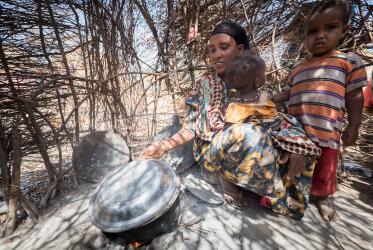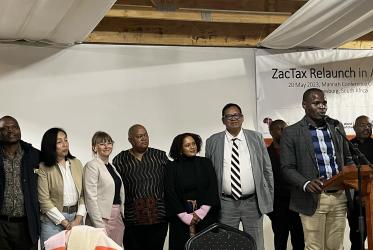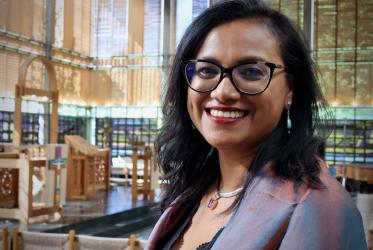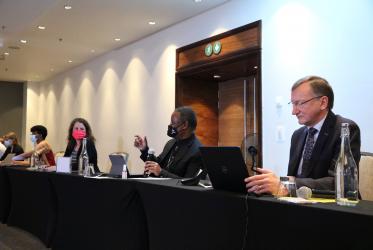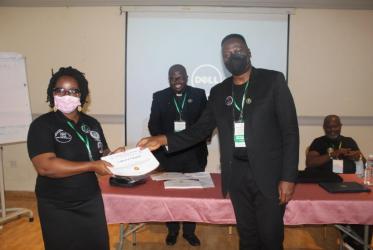Displaying 1 - 20 of 85
ZacTax Campaign relaunched in Africa
23 May 2023
World mourns loss of Archbishop Desmond Tutu
30 December 2021
Workshop on HIV stigma, treatment adherence opens in Tanzania
29 September 2021
“Gathering in Grief” mourns Rev. Phumzile Mabizela
07 July 2021
COVID-19 in conflict zones: “a crisis within another crisis”
27 November 2020



